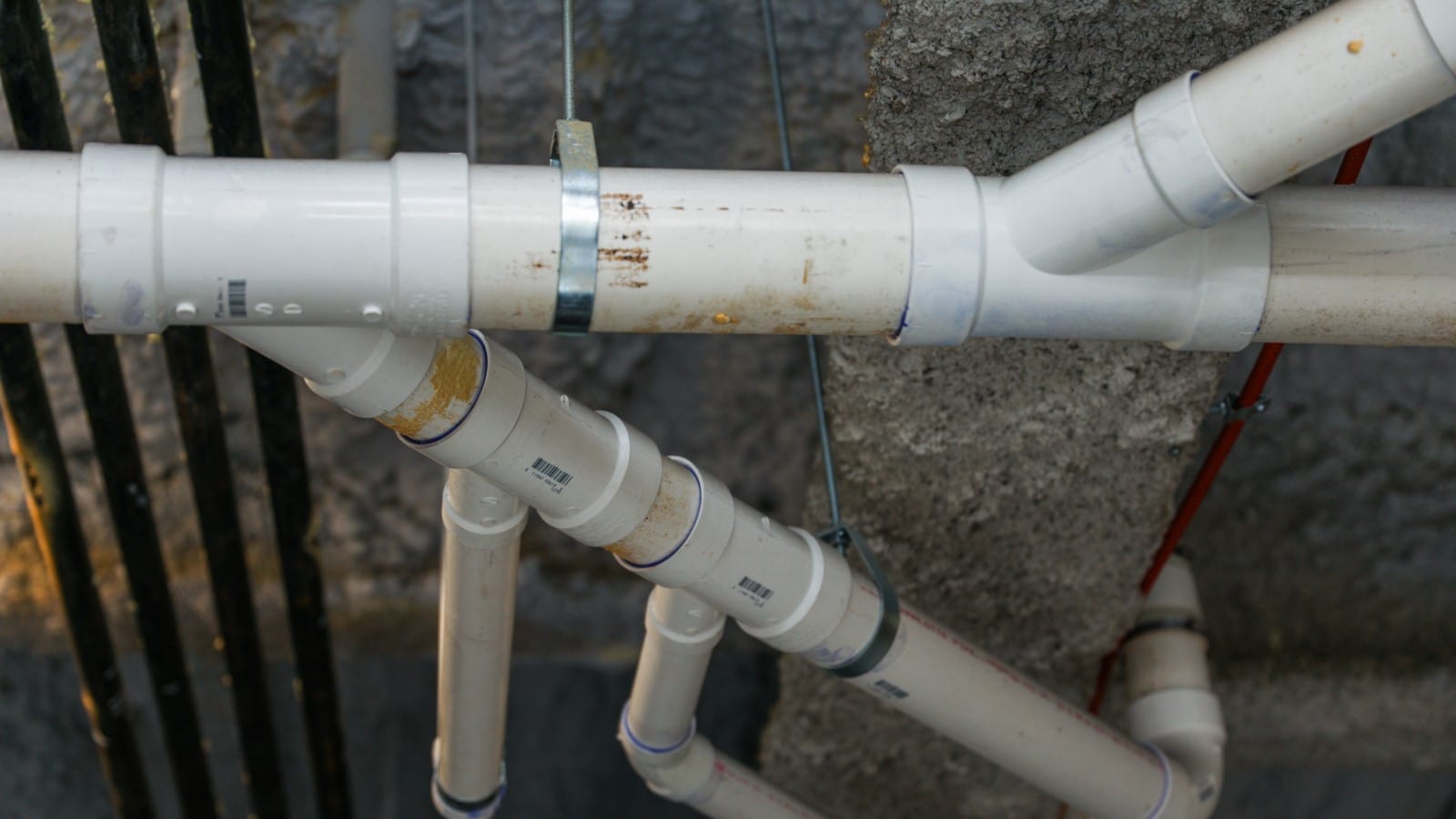Water quality is a critical concern for communities worldwide, impacting everything from public health to ecosystem vitality. In Rockwall, TX, understanding the nuances of water quality is not just a matter of scientific interest but a daily reality that affects the lives of its residents. This article delves into the various aspects of water quality, examining standards, testing, and biological characteristics, all of which play a vital role in ensuring the health and well-being of both people and the environment.
Understanding Water Quality
The quest for pristine water quality is a balance of science, policy, and community engagement. Water quality isn’t just a concept; it’s a living part of the community, influencing and being influenced by everyday activities.
Key Components of Water Quality
Chemical Characteristics
- Contaminants and Pollutants: These include industrial and agricultural runoff, which can introduce harmful substances like pesticides and heavy metals into water bodies.
- Geological Survey Insights: The U.S. Geological Survey (USGS) provides crucial data on the chemical composition of local water, helping to identify potential contaminant sources.
Physical Factors
- Salinity and Sediment: These aspects are influenced by natural processes like rainfall and runoff, as well as human activities such as water use and land management.
- Water Quality Parameters: These include measures like turbidity, conductivity, and temperature, which are critical in assessing the physical suitability of water for various uses.
Biological Aspects
- Aquatic Life: The health of aquatic ecosystems, including fish and plant life, is a direct indicator of water quality.
- Impact on Local Ecosystem: Biological assessments help in understanding how alterations in water quality can affect the delicate balance of local ecosystems, such as Rockwall’s freshwater bodies and estuaries.
It’s evident that water quality in Rockwall, TX, is shaped by a complex interplay of natural and anthropogenic factors. The region’s geological backdrop plays a significant role, with the local groundwater and surface water bodies reflecting the area’s unique geological and climatic conditions.
Importance for the Community
- Drinking Water Quality: Ensuring that tap water and public water systems meet drinking water standards is crucial for preventing health risks.
- Centers for Disease Control and Prevention (CDC) Guidelines: The CDC provides guidelines to mitigate health risks associated with water contamination, a vital consideration for local health authorities.
Environmental Impact
- Sustaining Ecosystems: Clean water is essential for the health of freshwater and marine ecosystems, including vital habitats like coral reefs and estuaries.
- Runoff and Watershed Management: Managing runoff and protecting watersheds are key to preserving the natural water quality and preventing sedimentation and pollution.
Local Challenges
- Challenges in Rockwall, TX: Addressing specific water quality issues like the impact of urbanization and industrial activities on local water bodies.
- Community-Based Water Quality Monitoring: Local initiatives play a pivotal role in monitoring and improving water quality, involving residents in efforts to protect and enhance their water resources.
In Rockwall, TX, understanding water quality transcends scientific analysis; it’s about safeguarding a resource integral to the community’s way of life. From the role of the Environmental Protection Agency (EPA) in setting water quality criteria to the everyday actions of residents, every aspect contributes to the tapestry of water quality management.
Water Quality Standards and Their Relevance
Regulatory Framework
Understanding the regulatory framework surrounding water quality is essential for ensuring its suitability for diverse uses. The Environmental Protection Agency (EPA) plays a pivotal role in this aspect.
- EPA Guidelines: These guidelines, accessible on government websites, outline what is considered safe drinking water. They are crucial for ensuring that the water supply meets national water quality standards.
- Clean Water Act: This federal legislation governs water quality across various water bodies in the U.S. It sets standards for all types of water, ensuring that they are safe for drinking and other designated uses.
Practical Implications
The practical implications of water quality standards are far-reaching, affecting everything from human health to the environment.
- Drinking Water Quality: Ensuring safe consumption is paramount. This includes monitoring the drinking water supply for contaminants and adhering to the Safe Drinking Water Act to guarantee that water from public systems is safe for drinking.
- Recreational Use: Standards for bodies of water used for swimming, fishing, and other recreational activities are vital. These standards help maintain the ambient water quality of lakes, rivers, and estuaries, ensuring they are safe for community enjoyment and ecological sustainability.
The Role of Testing in Water Quality Assurance
Testing Methodologies
Regular testing is crucial for maintaining water quality standards. In Rockwall, TX, this involves a variety of methodologies:
- Biological Testing: This type of testing assesses the biological characteristics of water, important for maintaining aquatic ecosystems and ensuring the water is suitable for its intended use.
- Chemical Analysis: Identifying contaminants and pollutants in the water, including those from wastewater and industrial sources, is essential for protecting public health and managing water pollution.
- Physical Measurements: These include testing for dissolved oxygen, turbidity, and conductivity, which are vital indicators of water quality conditions.
Community Involvement
Active community involvement plays a significant role in water quality assurance in Rockwall, TX.
- Public Awareness: Educating residents about water quality issues, the importance of protecting water sources, and how to share sensitive information responsibly on secure websites.
- Local Initiatives: Engaging in community-driven efforts to improve water quality, such as monitoring systems for groundwater quality, managing land-based sources of pollution, and promoting sanitation practices that protect the water supply.
Through these combined efforts in testing and community involvement, Rockwall, TX, maintains a high standard of water quality, safeguarding it for current and future generations. This proactive approach not only ensures compliance with regulatory standards but also reflects a deep commitment to preserving the quality of life and health in the community.
Safeguarding Our Water, Protecting Our Future in Rockwall, TX
In Rockwall, TX, the journey towards pristine water quality is a testament to the community’s dedication and understanding of its vital importance. This commitment goes beyond mere regulatory compliance; it’s about actively shaping a future where water is not just a resource but a legacy we pass on to future generations. Let’s encapsulate the essential elements of this endeavor:
- Comprehensive Understanding: Recognizing the intricate balance of chemical, physical, and biological factors that define the quality of water.
- Regulatory Adherence: Following EPA guidelines and the Clean Water Act ensures the water meets national and local standards for safety and suitability.
- Health and Environment Nexus: Acknowledging the critical role of water quality in safeguarding public health and sustaining diverse ecosystems.
- Proactive Testing: Regular biological, chemical, and physical testing to monitor and manage water quality, addressing challenges like water pollution and ensuring the water is suitable for its particular use.
- Community’s Role: The power of public awareness and local initiatives in maintaining and enhancing water quality, including efforts in groundwater management and wastewater treatment.
- Future-Ready Approach: Utilizing real-time and historical data through methods like remote sensing for informed decision-making and long-term planning.
In Rockwall, TX, the quality of water is thought of as a measure of the community’s well-being. By integrating these principles, homeowners, and residents contribute significantly to the preservation and improvement of water quality, ensuring it remains a source of life and vitality for all. Through shared responsibility and informed actions, the community stands as a beacon of how to manage and protect one of our most precious resources.





